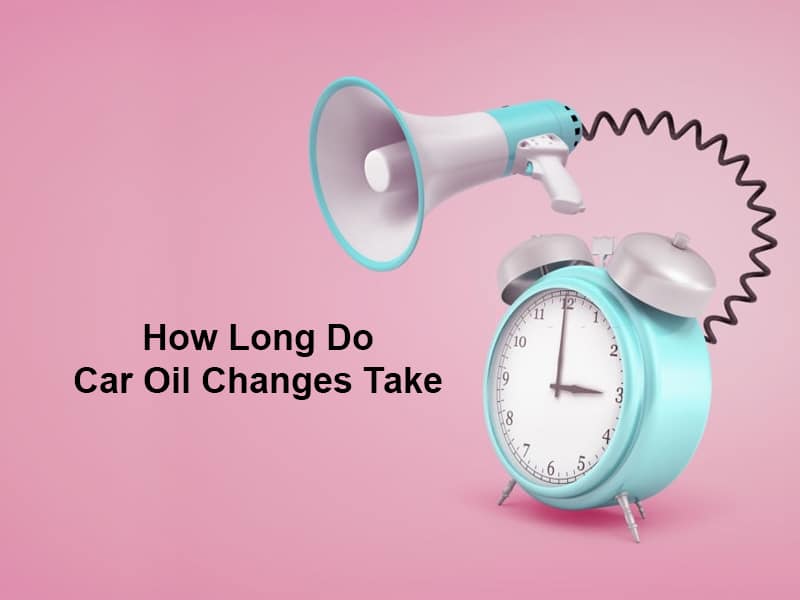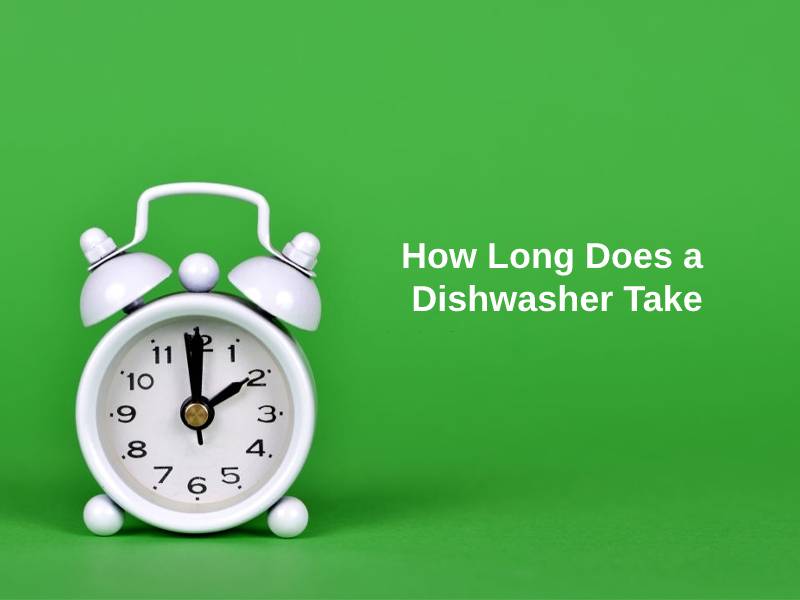Exact Answer: 21 days
Generators are versatile tools that can be used for anything from illuminating a campfire to fueling an evening event and keeping homes running during a blackout. Most of the time, you’ll only need it for a short period of time, but prolonged power outages may force you to test your generator’s capabilities. This makes us wonder how much a generator can run constantly before it causes problems.
A variety of features come into play, the most important of which are the generator’s wattage, manufacturer, and power source, which affect the generator’s time of running. A backup generator can power a standard-size residence for up to 3,000 hours on average, while it is not suggested to run a generator for more than 500 hours consistently.

How Long Can A Generator Run?
| Type of Generator | Time Taken |
| Gasoline generators | 10 hours |
| Propane generators | 8 days |
| Diesel Generator | 3 days |
| Natural gas generator | 21 days |
| Solar generators | 10 hours |
Different types of generators can run for different periods of time depending upon the fuel employed to power them as well as the load. Gasoline generators have a short runtime of about 7 to 12 hours. However, propane generators can run up to 200 hours which is roughly 8 days. An important factor here is heat-up.
If you’re running your generator for more than 24 hours at a stretch, you’ll want to keep an eye on how hot it gets. You run the danger of permanent damage if the engine becomes too hot.
Because standby generators are meant to provide backup power during outages, they can run for longer periods of time than portable generators.
Diesel-powered standby generators, like gasoline generators, are restricted by the capacity of the tank; however, they have a larger tank and can run for longer periods of time. Many diesel generators have a 24-hour tank, but you may also buy 48- and 72-hour diesel generators.
Natural gas generators are connected to the natural gas lines of a residence, thus they can theoretically run endlessly. Most generator manufacturers, on the other hand, advocate running a generator for no more than 500 hours at a time, or little under 21 days. Although most generators on the market can only run for a limited amount of time, other generators are built to run endlessly.
Continuous power generators are made of durable materials that can withstand enormous loads without requiring maintenance. To keep the engine from overheating, they employ a unique cooling system with cold water jackets. They don’t survive as long as standby generators because they run continually, and they may need to be replaced every few years.
Why Can A Generator Run For So Long?
Propane-burning portable generators, like their gas- and diesel-powered counterparts, are limited in their runtime by the size of the propane tank connected to them, as well as electrical demand. You could get five to eight hours out of a modest 20-pound tank. A 50-pound tank will last at least twice as long. A multi-way valve or manifold system can also be used to connect numerous tanks, providing for even more run time.
Standby generators are designed to be linked directly into your home’s electrical system, switching on automatically when there is a power outage. They are physically larger and more electrically productive than portable models. Because natural gas units’ fuel will almost surely outlive the outage, they can remain running indefinitely.
Propane-powered standby generators require the same oil changes as natural gas models, with the added benefit of a restricted fuel supply. Your generator can only run for as long as your tanked propane supply lasts, which is entirely dependent on the size of your tank and your electrical requirements. A 500-gallon propane tank will likely keep you running for four to six days on a single charge.
Conclusion
In many instances, a portable generator is a vital piece of equipment. It can help you create enough electricity to run your tools without having to use long extension cables when you’re far away from a power source. When there is a power outage, it can also help power your food stall or your home.
However, its operating time is limited, owing to its limited fuel capacity. A generator is a handy piece of equipment, but it’s crucial to remember that it’s not designed to run continuously for days. It’s developed to function for a few hours at a time instead.




















